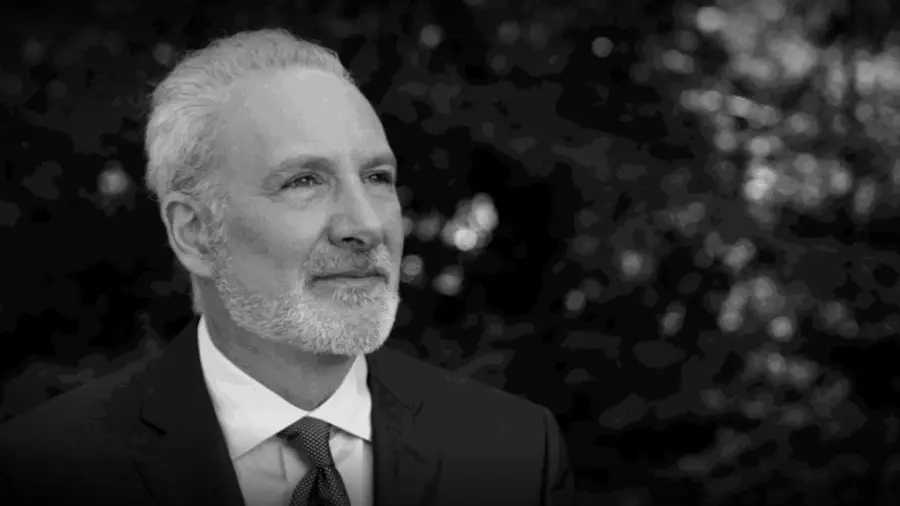A beautiful investigation starts from Praça XV, in the center of Rio de Janeiro . There, at an antiques fair, the filmmaker Natara Ney was panning for some objects when he found a lot with more than 100 cards.
He soon identified that it was a woman named Lúcia who had written all those correspondences to Oswaldo between 1952 and 1953.
Delighted with what she had just found, with the delicacy of the words and with the love of that girl transcribed so truly in the texts, Natara says that she thought about making some short films, or even a clip, with excerpts from those papers, but, as the search progressed, changed his mind.
There were so many people being interviewed and with the investigation taking place in two different cities, Campo Grande and Rio de Janeiro, that the production became a feature film and a personal mission for Natara.
“It was as if I had found a wallet full of money,” says the filmmaker. “I needed to find the couple or even their family, I thought they would like to receive this gift”.
“I hope this one finds you and that you are well” unfolds like a poem, with long takes, sensitive interviews, the lyrical self being the director herself, who was even suffering for love.
The cinematography is full of images of the peaceful life of Campo Grande, in Mato Grosso do Sul, contrasting with the cosmopolitan metropolis that is Rio de Janeiro. In the two cities, naturally, the treatment of the staff was different, but because it was a love story, the director found many doors open.
“Everything was filmed in a week, we didn’t have the money to do any kind of preview, we went into people’s houses already recording. But it is not a war theme, it is a theme of affection, which helped the interviewees to welcome our project, they were disarmed”, she says.
These were the people who paved the way for Natara’s team to follow, whether through a vague memory of Lúcia and Oswaldo or helping the investigation through photos and old documents, for example.
During the film, when the conversation takes this path, the theme of historical preservation enters the scene, even if subliminally.
The history of Brazil also passes through the letters of Lúcia and Oswaldo – it is thanks to the direct and indirect preservation of memories of friends and acquaintances that this story can be told.
“I am black, my mother is black and my grandmother is black, we are very familiar with the process of erasing stories”, says Natara. “The film, in fact, was born from my grandmother who told stories, who kept an oral tradition alive”.
Natara maintained this same orality in the documentary. The interviewees are not identified by their occupations or their age, they do not even have a name indicated in the film as soon as they appear.
“I didn’t care that they had any identification, but that that person was a link to the path I was taking with this investigation, as if he was a friend I met in a cafe.”

It is with this intimacy that the camera takes you in the film. Always with closed plans, focusing on hands, gestures of affection, smiles and always very patient with what the interviewees have to say.
People’s ramblings about love give the documentary a special charm. For some of them, love is an act of faith, it’s a feeling that drives everything forward. One of the interviewees remembers asking the postman: “Do you have a letter for me? Is it out of love or demand?”.
Another interviewee says that today’s generation has no memory, since everything we have is digital, including gestures of care and love. He risks: romanticism is ending.
Given this, Natara says that in her opinion, no, romanticism is not ending, it is in constant transformation and is present in different situations.
“It’s romantic to be in an editing room finishing my film, it’s romantic to be having this conversation instead of you just texting me the questions, it’s romantic for me to ask my partner, a black man, to let you know when he gets home” , it says.
“We are decolonizing romanticism and rediscovering relationships. There is no more room for boxed relationships.”
Source: CNN Brasil
I’m Susan Karen, a professional writer and editor at World Stock Market. I specialize in Entertainment news, writing stories that keep readers informed on all the latest developments in the industry. With over five years of experience in creating engaging content and copywriting for various media outlets, I have grown to become an invaluable asset to any team.







